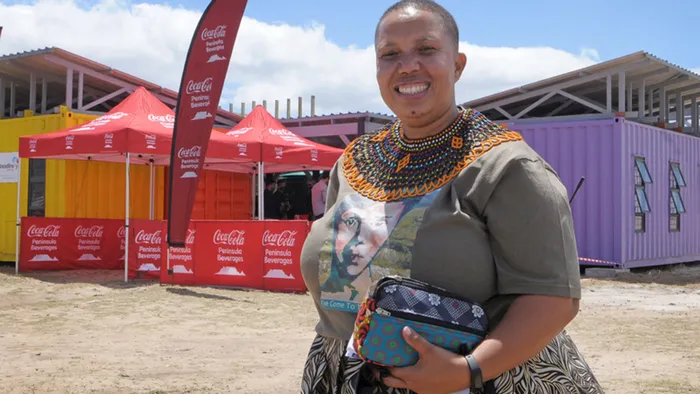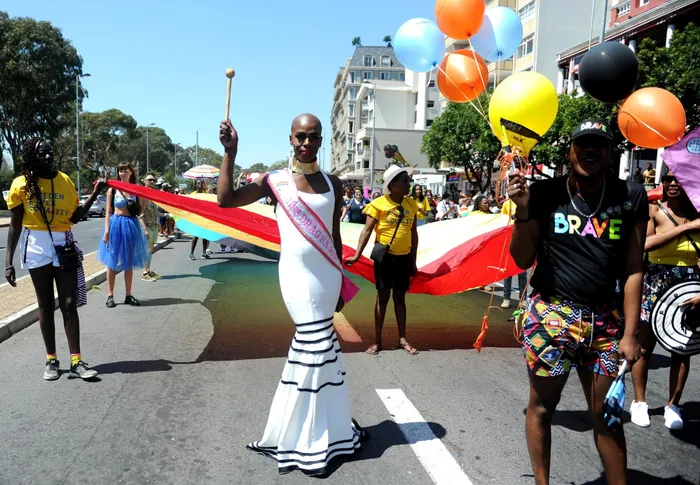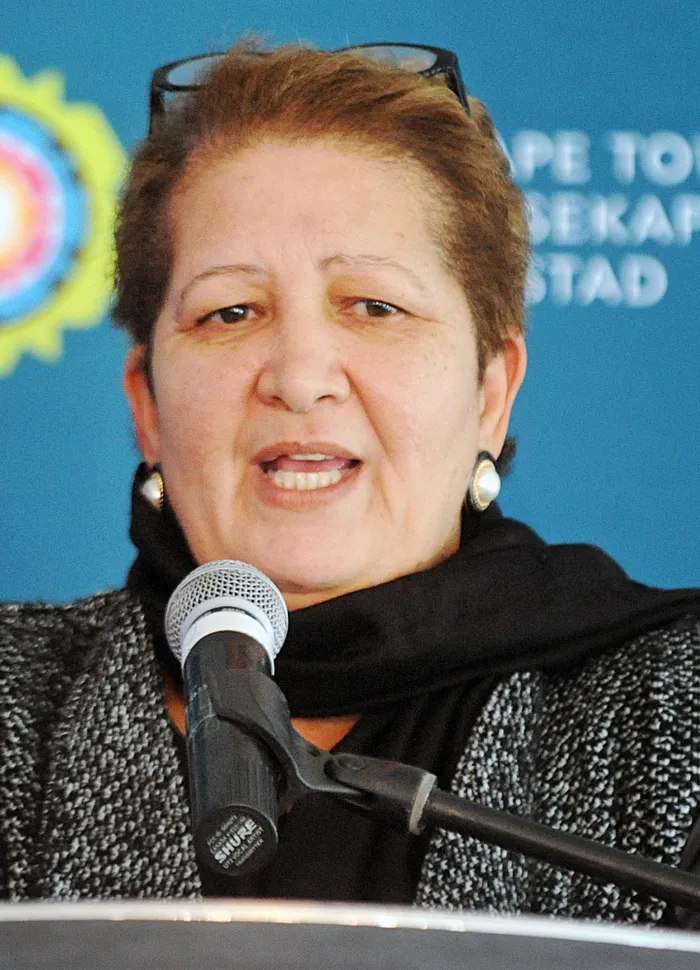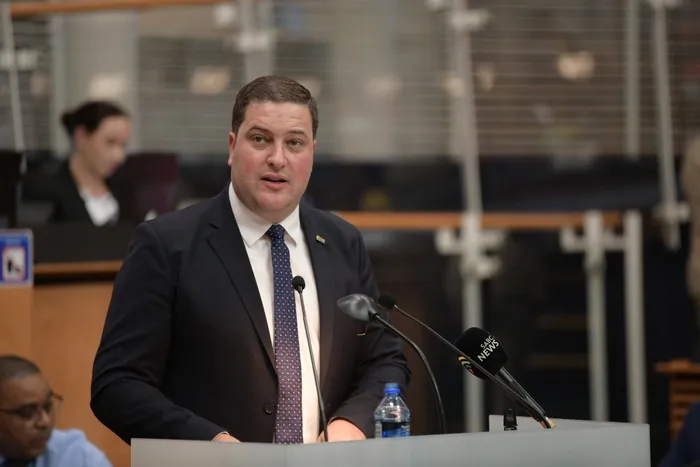Can an all-female party redraw South Africa’s political map?

Lucinda Evans
Image: File
Growing outrage over gender-based violence and systemic inequality has fuelled calls for a radical new political formation: an all-female, feminist-led party designed to put women’s issues at the absolute centre of the national agenda.
The question of whether an exclusively female-led party could genuinely disrupt South Africa’s entrenched patriarchal political landscape has taken centre stage following recent calls for a Women’s National Shutdown. Amid escalating frustration over relentless gender-based violence (GBV), systemic inequality, and the perceived failure of the current political establishment to safeguard women, activists and commentators are framing this idea as a potential turning point.
The case for radical change
For many, the current political environment is both insufficient and dangerous. Lucinda Evans, feminist activist and founder of the Cape Town-based non-profit Philisa Abafazi Bethu, believes the status quo has left women feeling overlooked and acutely unsafe.
“Where we find ourselves as women in South Africa, the next formation should be a female-led political party, especially if we see how many women are dissatisfied with the current status quo,” Evans asserted. “The fact that so many deaths of women do not even elicit a reaction from the patriarchal government is unacceptable.”

Belinda Qaqamba Ka-Fassie
Image: Ayanda Ndamane
Evans argues that such a party must be led by feminists, LGBTQ+ advocates, and younger political figures. Her proposals include radical reforms like stricter accountability for politicians, a cap on political tenure, and a lower retirement age of 60.
“The commissions being held currently are dominated by men. Men are greedy, to the point of hiding money in sofas, and they are rarely held responsible,” she stated, also proposing a 50% salary reduction for politicians and life sentences without parole for gang leaders, whom she suggests should be treated as committing treason.
Evans also champions gender parity in leadership, calling for a female president with a male deputy and a female head of police with a male deputy, alongside systemic reforms to the criminal justice system and the Children’s Act.
A ‘timely and transformative’ shift
The idea has been welcomed as both "timely and transformative" by Nompilo Gwala, managing editor at MambaOnline.com. She argues that a female-led party could fundamentally reshape power structures to reflect the lived realities of women, queer people, and grassroots communities.
“Leadership that centres women would finally acknowledge experiences like mine, experiences of being judged, policed, and boxed in by cultural expectations,” Gwala explained. She stressed that South Africa shouldn’t wait for society to be “ready” for a female president, but must actively build representation through leadership that reflects its diverse populace.
This view is echoed by Belinda Qaqamba Ka-Fassie, prominent South African drag artist, activist, and academic, who believes a female-led policy party is long overdue.
“For decades, women, queer people, migrants, sex workers, domestic workers, and trans communities have been positioned as voting blocs rather than political actors,” Ka-Fassie said. She believes such a party could become a home for a new political consciousness, but only if it is radically inclusive, “not a sanitised ‘girl-boss’ project.”
“If it becomes a political instrument rooted in lived struggle, accountable to working-class Black women and queer people, then it can shift this country’s moral centre.”
Ka-Fassie insists the leadership must be a strategic combination, with activists leading the political imagination and experienced political figures supporting strategic literacy, arguing that every crisis in the country, from GBV to corruption, is rooted in the absence of accountability.

Suzette Little Suzette Little
Image: File
Scepticism vs. urgency
While the concept has gained traction among activists, it faces political scepticism. Cape Town Mayor Geordin Hill-Lewis expressed reservations about a party founded solely on gender.
“The DA is a party for all South Africans. We wouldn’t support a party only for women, in the same way we wouldn’t support a party for only one racial group,” he said, though he maintained that South Africa is ready for a woman president.
In contrast, GOOD Deputy Secretary-General and Councillor Suzette Little is unequivocal, believing a female-led party is long overdue.
“A female-led party isn’t about exclusion, it’s about addressing the harm caused by policies that have pushed women to the margins and reduced our citizenship to passive bystanders,” Little stated.
She is adamant that South Africa is not merely ready for a female president, but is “in desperate need of one.”

Cape Town Mayor Geordin Hill-Lewis
Image: File Photo
“Women already lead families, communities, schools, and businesses. Formal power simply hasn’t caught up,” she concluded, outlining the core values for such a party: dignity, justice, accountability, and protection for women, children, and vulnerable communities.
The debate highlights a deep fissure in the national discourse: whether meaningful change can be achieved through existing political structures, or if the gravity of South Africa’s social crises demands a bold, unprecedented, and exclusively female-driven challenge to traditional power.
tracy-lynnruiters@inl.co.za
Related Topics: